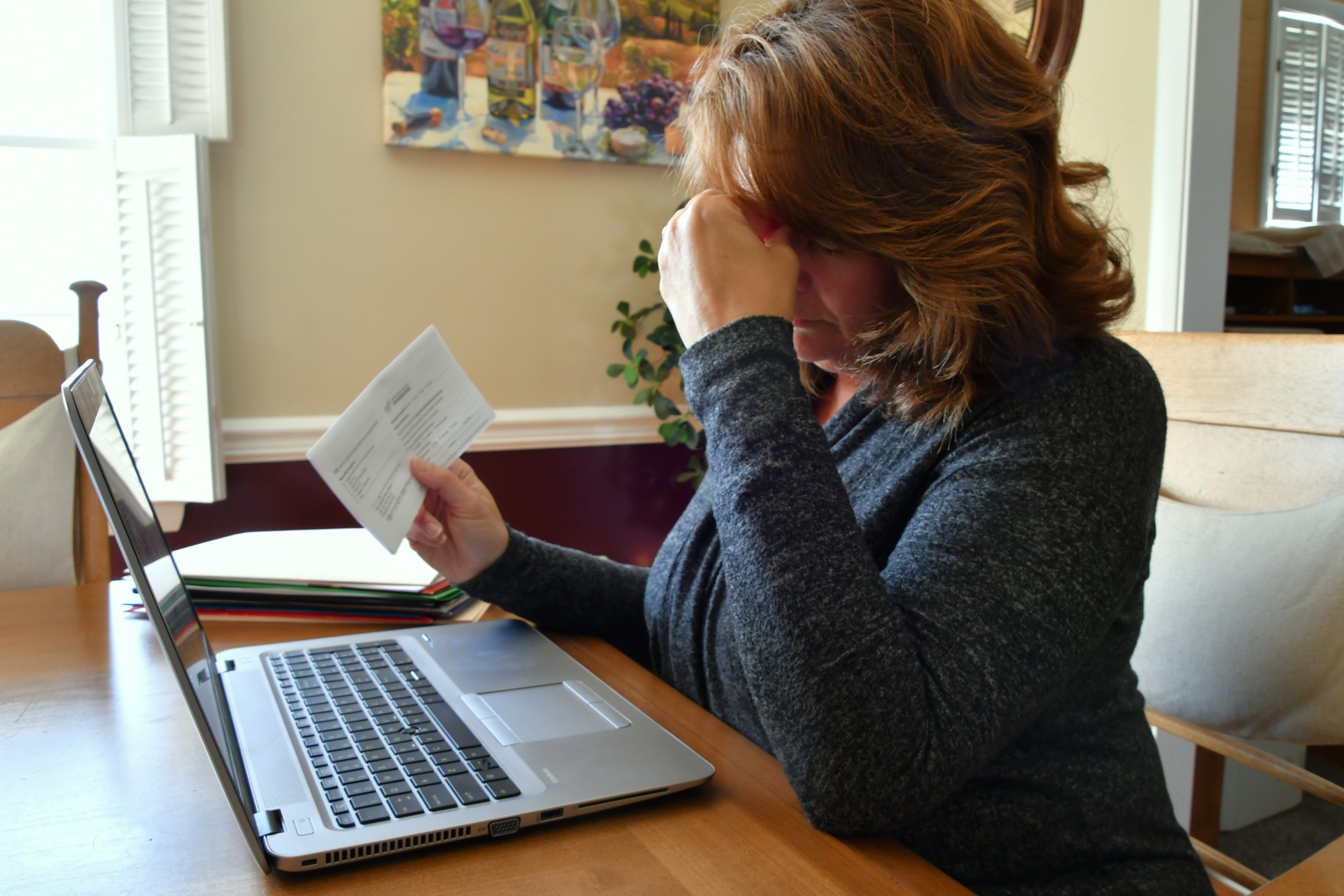Those considering a bankruptcy filing often wonder whether they should stop paying their bills or other expenses in preparation for the process. Isn’t it wasteful to continue paying creditors when the bankruptcy process is likely to discharge those debts in just a few months?
The primary reason for filing bankruptcy is because the individual can’t make ends meet, so it may make sense not to continue paying those bills. However, that decision depends on what type of bankruptcy will be filed, when it will be filed, and what kinds of debts are owed.
Bankruptcy Debt
Chapter 7 and Chapter 13 are the two most common bankruptcy filings for individuals. While neither of these bankruptcies will eliminate every type of debt, both options will help cancel most of these debts.
Some bills must continue to be paid, such as housing, utilities, and insurance. If you are hoping to keep your property, financial obligations such as car loans, mortgages, or loans for electronics or furniture will be used as collateral. Therefore, you will need to continue paying those bills.
Other debts, such as medical bills and credit cards, are not tied to any other asset. If you stop paying those bills, the creditor cannot do anything unless taking legal action against you.
Mortgage Payments
Individuals who want to keep their homes should continue to make on-time mortgage payments. You gave the lender a lien against the property when you signed the mortgage. Therefore, the creditor can foreclose on the property if you do not make your payments.
Living Expenses
If you are considering filing for bankruptcy, you should continue to pay those expenses that are a necessity (rent, utilities, car insurance). If you must stop paying bills, choose the ones that are not necessary for safety or health, such as cable TV service.
Car Loans
If you are hoping to keep your car, you’ll need to keep making your payments. A car loan is a secured debt, meaning that if you default on your payments, the lender can repossess the vehicle. In a Chapter 13 repayment plan, you can restructure auto loan payments to be more affordable.
Spousal Support or Child Support
If you pay alimony or child support, neither is dischargeable in a bankruptcy proceeding. You will still be required to pay these debts, as determined by the court, regardless of the type of bankruptcy you file.
Medical Bill or Credit Card Payments
Medical bills and credit card debts are unsecured and will likely be discharged during bankruptcy. You can stop making these payments if you are close to filing bankruptcy.
Both Chapter 7 and Chapter 13 bankruptcy will eradicate credit card debt. Therefore, if you are close to filing for bankruptcy, you should stop paying credit card bills to prevent wasting money.
The Timing is Important
You should be confident that you will file for bankruptcy before you stop paying any bills. Late payments and penalty fees add up rapidly, and it can be challenging to catch up should you decide against bankruptcy.
There are eligibility standards required for filing Chapter 7 or Chapter 13 bankruptcy. If you have questions about paying bills, choosing the right type of bankruptcy, or the timing of your filing – call a Sarasota bankruptcy attorney.
Richard V. Ellis has helped hundreds of area residents to regain their financial footing through bankruptcy. Call today to discuss your options and get started on the bankruptcy process.





